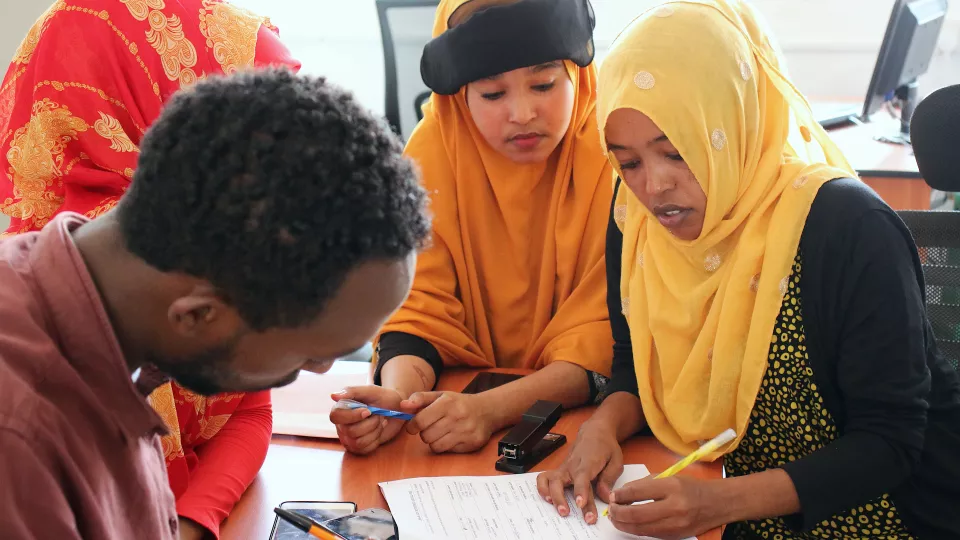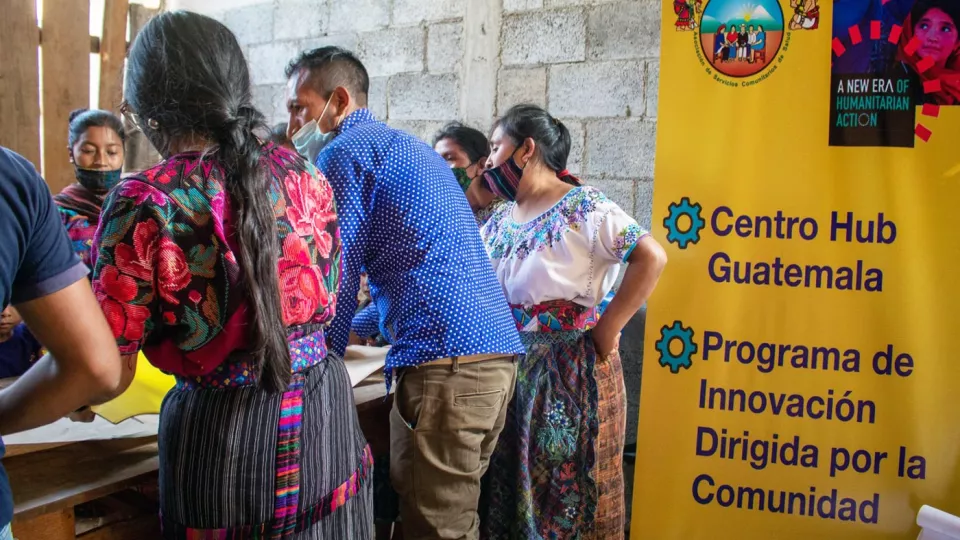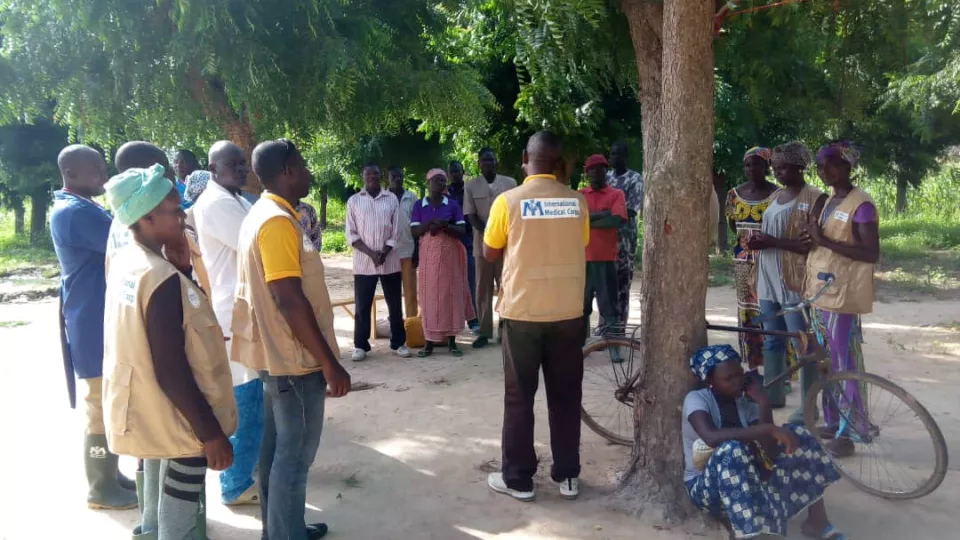With opportunity comes responsibility
The Disaster Risk Financing (DRF) systems being piloted by Start Network offer the opportunity for improved accountability to populations at risk because of their pre-arranged nature. A recent piece of research has explored what this means in practice, using experience from Start Networks DRF work in Senegal, Pakistan, Kenya and Madagascar. This is being shared with our members and the wider humanitarian community through a learning paper which delves into the opportunities and challenges this presents, (insert link) and a short guide with some practical tips for ensuring accountability in DRF systems (insert link).https://startnetwork.org/anticipation-and-risk-financing




